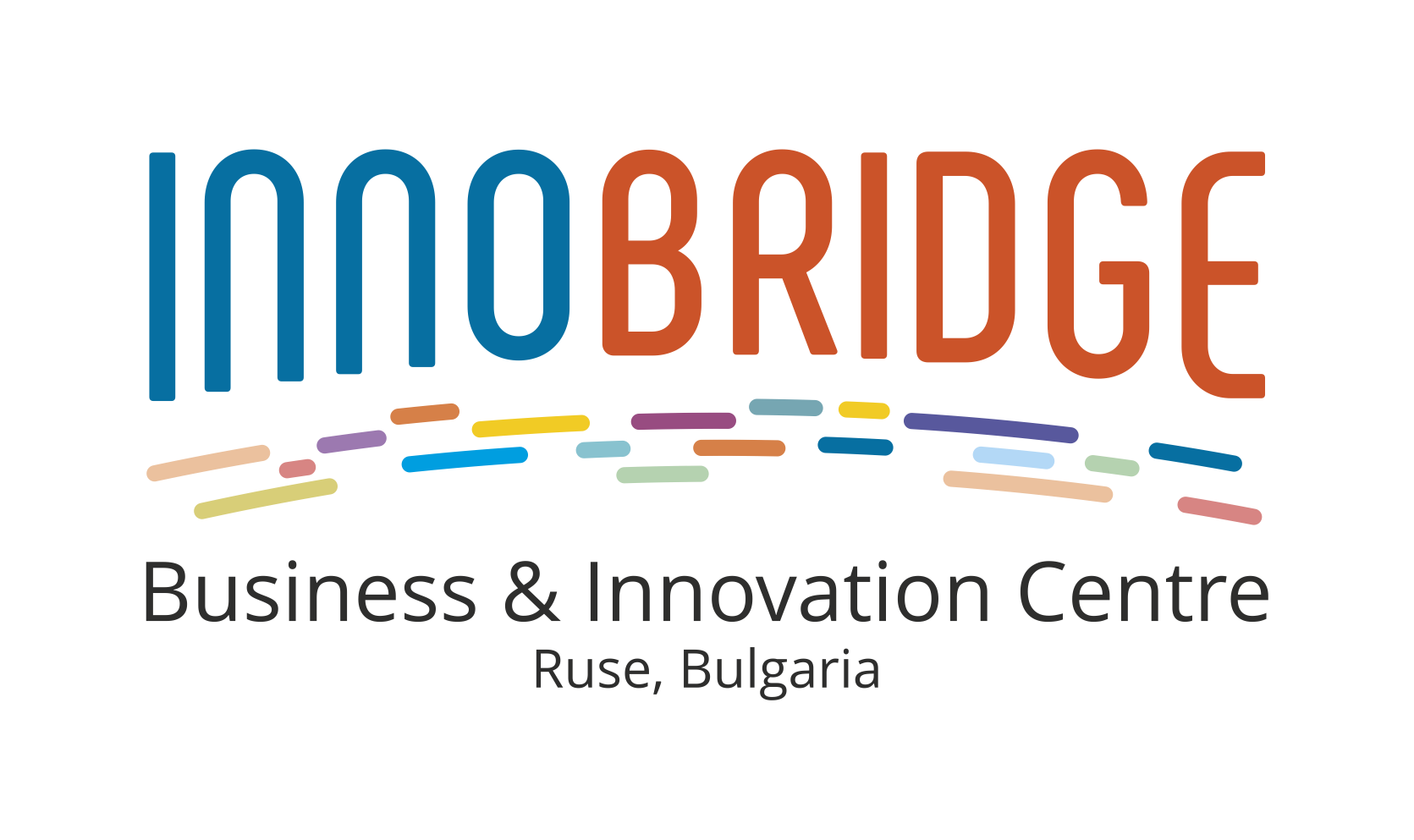Emotional Eating: Why Does Stress Turn into Binge Eating?
We've all been there: at 4:00 p.m. at noon when the to-do list is still miles long, the Zoom meeting goes on for so long that the sun gives up and just sets, and the boss bursts into the office and shoots you down with another "urgent task." What do we do now? What is our first instinct? If you've been reaching for the "secret" compartment of your candy drawer at times like these, you've probably experienced the infamous phenomenon known as emotional eating.
Why does stress make us eat like we're getting ready for hibernation? It's evolution's fault. When our ancestors had to fight saber-toothed tigers, stress signaled danger: the body pumps out cortisol (the stress hormone) to keep us sharp and alert. Cortisol tells the body: “Eat! You'll need fuel to survive." There probably aren't any tigers to gang up on these days, but maybe the demands of the boss make your body feel just as predatory. Work can stress you out, and trigger that same ancient survival mechanism and your body to release cortisol, which increases your appetite and possibly leads you to junk food. That's because your brain thinks you're preparing to fight tigers, not Excel spreadsheets. And what fuels the tiger fight best? The calories. Lots of them. Your brain craves high-calorie “survival” foods—hello, chocolate donuts. And it's not just hunger. When stress becomes cozy in your life, it confuses your brain's reward system. Foods high in fat and sugar trigger the release of dopamine, the brain's way of saying, “Great job! Let's feel better!". Essentially, your stressed brain treats junk food as a hug in edible form. And that's a problem.
Research from the Journal of Applied Psychology reveals that employees under intense stress at work are much more likely to snack on unhealthy foods. Why? Stress breaks self-control. It's the mental equivalent of someone yelling “Don't eat that cookie!” and then handing you the whole jar. Interestingly, the same study found that a good night's sleep helps fight the urge to overeat. Sleep-deprived people, on the other hand, don't just crave junk food—they're practically junk food detectives, sniffing out the worst options with alarming efficiency.
In fact, emotional eating is not just about food, and it's not just about hunger. It's about comfort. When you're stressed, sad, or just done for the day, food becomes a quick fix. It's a way to distract yourself from uncomfortable feelings—because chewing pretty much drowns out the sound of your existential dread, right? But that's the real problem: emotional eating doesn't really solve anything. After the sugar high wears off, your stress is still there, now with the added bonus of guilt that you've gobbled up an entire bag of chips all by yourself.
Breaking the cycle (without breaking the cookie jar)
Workplace stress isn't going away, but the way you deal with it can change. Emotional eating may make you feel good in the moment, but it's like putting a Band-Aid on a burst pipe—it doesn't fix the underlying problem. Instead, focus on finding healthier ways to deal with stress.
So how do you beat stress eating? There are many ways to deal with emotional eating, and they probably include things you've already heard of, like moving and exercising, drinking more water, and more. Today, however, we will dwell on something more interesting - the skill for the so-called conscious eating (mindful eating).
Interesting study, published in the journal Occupational Health Science, sheds light on how everyday stressors influence unhealthy eating behaviors. The study found that people with higher levels of mindfulness—essentially the ability to stay present and aware—were less likely to resort to unhealthy eating, even when feeling emotionally drained. This suggests that mindfulness can act as a shield against the temptations of stress-induced eating, helping people maintain healthier eating habits despite the pressures of the workplace.
When stress hits you at work, it's easy to gobble up anything within arm's reach—half a donut from the break room, a piece of candy from your desk drawer, or those suspiciously old crackers you swore you wouldn't touch. Here's the good news, though: Mindful eating can help you break this cycle without giving up snacks forever.
In fact, mindful eating means simply being "present" during your meal. It's like yoga for your lunch break, but without the stretchy pants. Here's how to practice it in your workplace (or outside of it):
- As a first step, admit it to yourself. Realizing that you are eating your feelings is half the battle.
- Before diving into your meal, take a moment to pause. Ask yourself: "Am I really hungry or did the Accounting Color get on my nerves again?" If it's hunger, go ahead. If not, maybe try a brisk walk around the office to relieve the urge.
- Focus on the sensations while eating. Notice the textures, tastes and smells of your food. Eat slowly, in small bites and give yourself time to enjoy what you eat. When you rush through a meal, your brain doesn't have time to register that you're full. Chew slowly and leave your utensils on the table between bites. This is not a competition and the accumulated emails will still be there in 15 minutes.
- Don't eat food where you work (literally!). Eating while staring at spreadsheets or scrolling through your phone tricks your brain into thinking you haven't eaten at all. Step away from the chaos (even if it's just for 10 minutes) and give your food your full attention. On the other hand, if you work and eat in the same place (for example, your desk) it teaches your brain to associate your workplace with food and accordingly creates a desire to look for it and think about it.
- Pack or choose meals with intention. Instead of snacking randomly throughout the day, prepare a balanced lunch with protein, fiber, and healthy fats to keep you full longer. This helps curb afternoon cravings for energy drinks and quick sugars.
- After eating, take 1-2 minutes to note how you feel. Are you energized? Are you satisfied? Is it hard for you? Understanding the connection between what you eat and how you feel can guide you to make better choices in the future.
The truth is, when stress hits you, you will eat whatever is available. That's why another good practice is to replace fast sugars and carbohydrates (candy, pasta, chips, etc.) with healthy snacks like nuts, fruit or even yogurt at your desk to limit temptations.
Mindful eating doesn't mean restricting yourself or feeling guilty for indulging in another slice of pizza. It's about creating a healthier relationship with food and for realizing that meals can be a moment of peace in your busy workday. When you slow down and listen to your body, you're less likely to overeat, and you may even find that your stress-induced urge to eat gets out of hand.
So the next time stress makes you reach for food, take a breath, choose something healthy, and treat your meal like a VIP assignment. Because in the battle between you and workplace stress, the person who eats mindfully always wins.
Finally, if you do indulge in this type of temptation from time to time, don't be too hard on yourself. Life is stressful enough without adding wine to your food as well.
The topic of emotional eating is part of the training course StressOut. This is a project of BIC Innobridge through which we work hard to create quality resources to help you manage stress in the workplace. We invite you to follow the development of the project at LinkedIn and Facebook to access more quality information on workplace stress. We also invite you to take part in our international survey and tell us about your experience with stress by completing the following short survey.
The image for the article was taken from Freepik.







